An Giang is located in the Mekong Delta region, with a growing socio-economic situation. To achieve the growth target, building and developing high-quality human resources plays a key role. According to the Provincial People's Committee, the province has nearly 2,200 officials and civil servants in state administrative agencies. Of which, district-level officials and civil servants account for over 51% and provincial-level officials and civil servants account for nearly 49%. This reflects the relative balance between the two levels, in accordance with the requirements for implementing public administrative tasks and directly serving the people.
Regarding the structure of professional qualifications, the proportion of officials with university degrees or higher is nearly 96%. Of which, university degrees account for nearly 70%, master's degrees over 25%, and doctoral degrees nearly 1%. The group of officials and civil servants with degrees below university degrees accounts for only over 4%. For public service units, the whole province has over 32,300 people. The professional qualifications of civil servants at public service units with university degrees account for 77.44%. The proportion of civil servants with postgraduate degrees (master's and doctoral degrees) is still modest, at 5.92% and 0.37% respectively, but this is still a high-quality human resource, playing an important role in researching and developing solutions to improve the operational efficiency of units.
Over the past years, the province has implemented many policies and laws to improve the quality of human resources to meet the requirements of socio-economic development. The Party Committee and the provincial government have seriously grasped and effectively implemented the Central Government's policies and guidelines on human resource development, especially high-quality human resources. Resolutions and directives of the Party, the National Assembly and the Government have been concretized into programs and action plans suitable to local conditions, creating an important foundation to improve the quality of human resources and serve economic restructuring.
According to the Alternate Member of the Party Central Committee, Deputy Secretary of the Provincial Party Committee, Chairman of the An Giang Provincial People's Committee Ho Van Mung, the Provincial People's Committee has directed departments and branches in implementing human resource training and development programs. Key areas such as vocational training for rural workers, developing education in ethnic minority areas and improving digital transformation skills for cadres, civil servants and public employees have been focused on, bringing many positive results. The rate of workers receiving vocational training has increased, the quality of education in disadvantaged areas has gradually improved and awareness of digital transformation in state agencies has become increasingly clear.
Human resource development policies and programs are implemented synchronously, focusing on key sectors and fields such as: Education, healthcare, high-tech agriculture and tourism services. Human resource training is closely linked to the practical needs of the locality, contributing to increasing the rate of trained workers. In particular, specialized schools, ethnic boarding schools and vocational training programs play a key role in building a human resource foundation for the province. Attracting investment from society and businesses in training has achieved certain results, creating more resources to improve training quality and develop talents. However, the province still faces many challenges such as: The gap in human resource quality between urban and rural areas, shortage of skilled workers in key industries, limitations in attracting high-quality human resources, especially in the fields of science - technology and innovation.
Training and updating knowledge for cadres and party members
To develop human resources for socio-economic growth, in the coming time, the province will continue to improve the policy mechanism to attract high-quality human resources, specifically: Issue specific policies to attract high-quality human resources to work in the province, with incentives in finance, housing and advanced training opportunities. Develop mechanisms to encourage workers to return to work after being trained abroad, through financial support or ensuring suitable job positions. At the same time, improve treatment policies... Prioritize training and arranging human resources to serve occupations in rural and remote areas.
Strengthening cooperation in training and human resource utilization, such as: Close coordination between training institutions and enterprises to develop practical training programs, closely linked to the recruitment needs of the labor market. Establishing dual training programs (combining theoretical and practical learning at enterprises) to improve practical skills for young workers. Developing the capacity of management staff through regularly organizing intensive training courses for managers in the field of human resource development. Applying information technology to manage, monitor and evaluate the effectiveness of human resource development programs. Building a dynamic and creative working environment, attracting and retaining talent...
With proper attention and investment, An Giang will build high-quality human resources to meet the requirements of socio-economic development in the integration period.
THU THAO
Source: https://baoangiang.com.vn/nang-chat-nguon-nhan-luc-kien-tao-tuong-lai-a418020.html


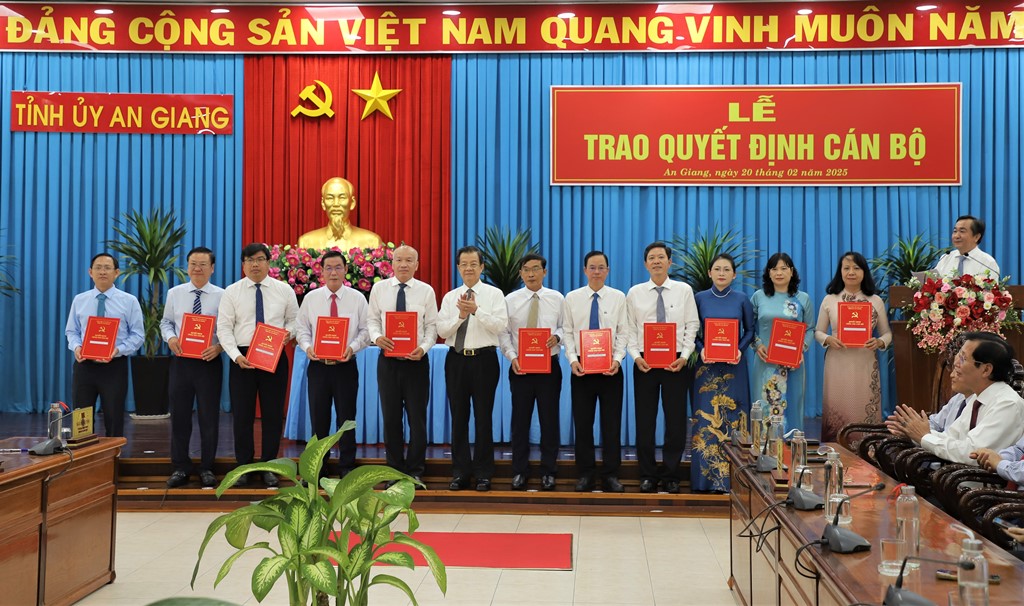
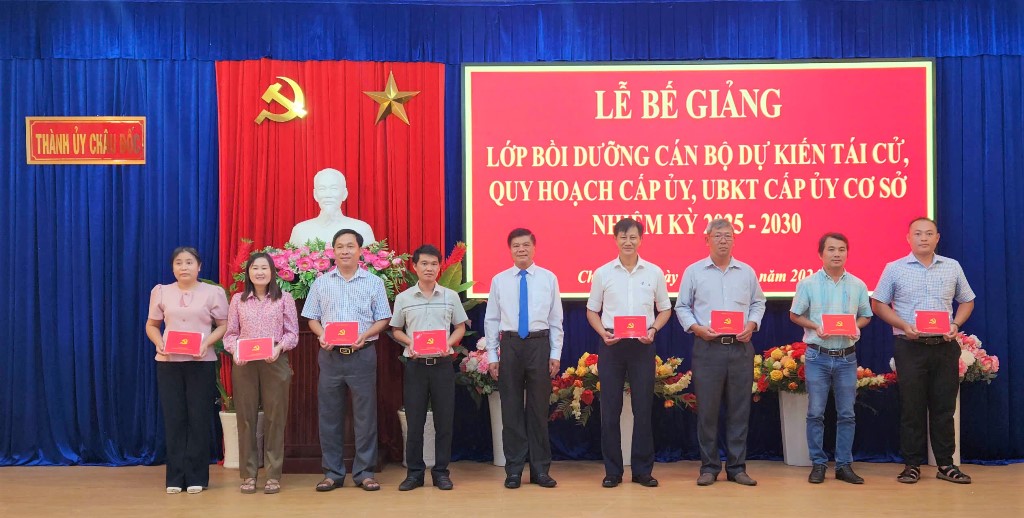

![[Photo] "Beauties" participate in the parade rehearsal at Bien Hoa airport](https://vstatic.vietnam.vn/vietnam/resource/IMAGE/2025/4/11/155502af3384431e918de0e2e585d13a)

![[Photo] Looking back at the impressive moments of the Vietnamese rescue team in Myanmar](https://vstatic.vietnam.vn/vietnam/resource/IMAGE/2025/4/11/5623ca902a934e19b604c718265249d0)


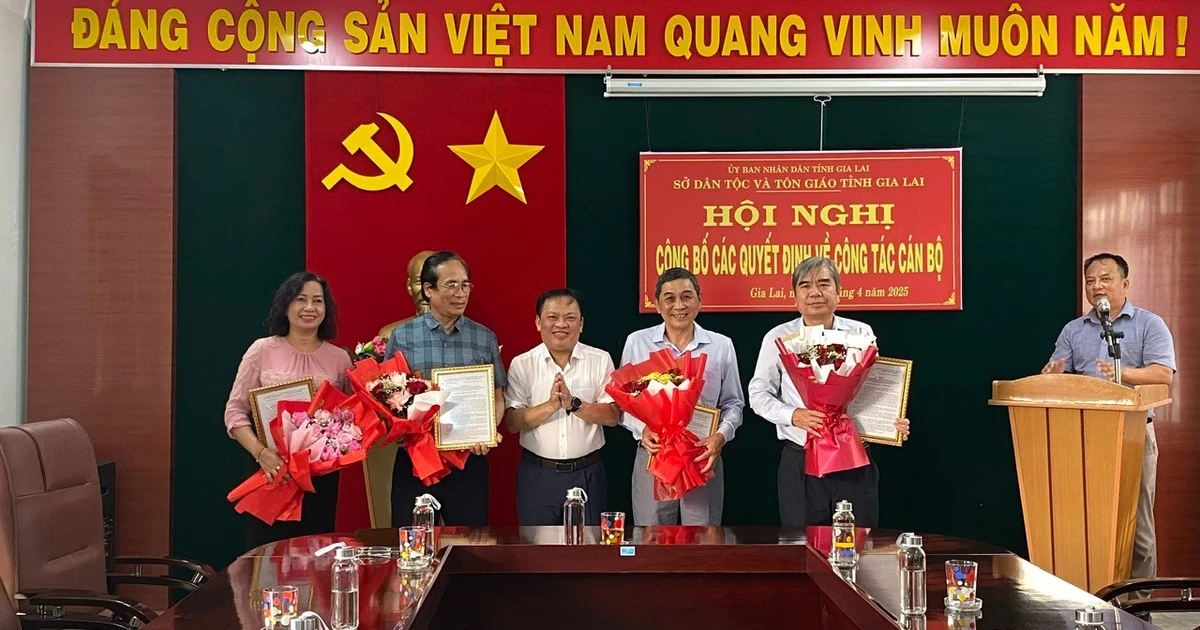
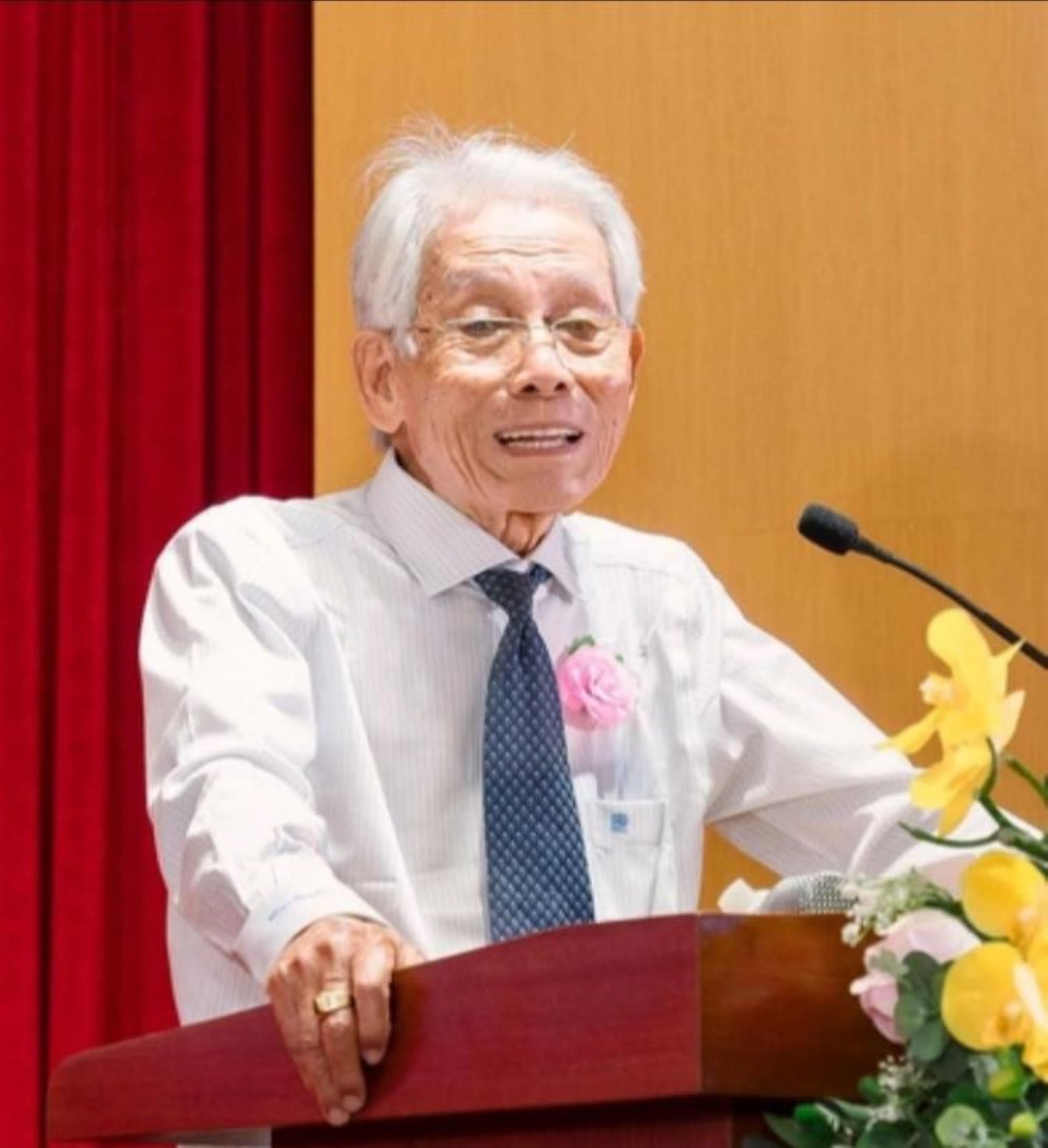
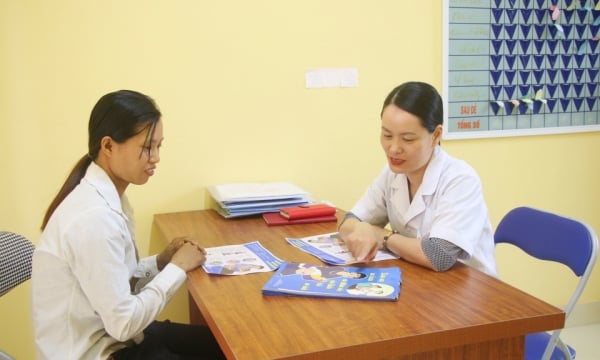
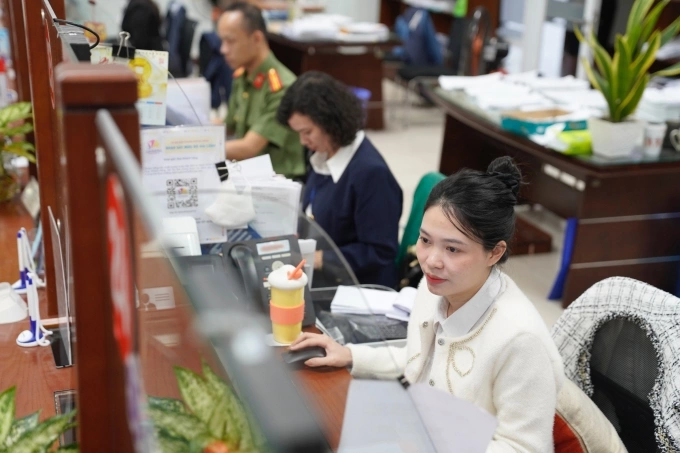

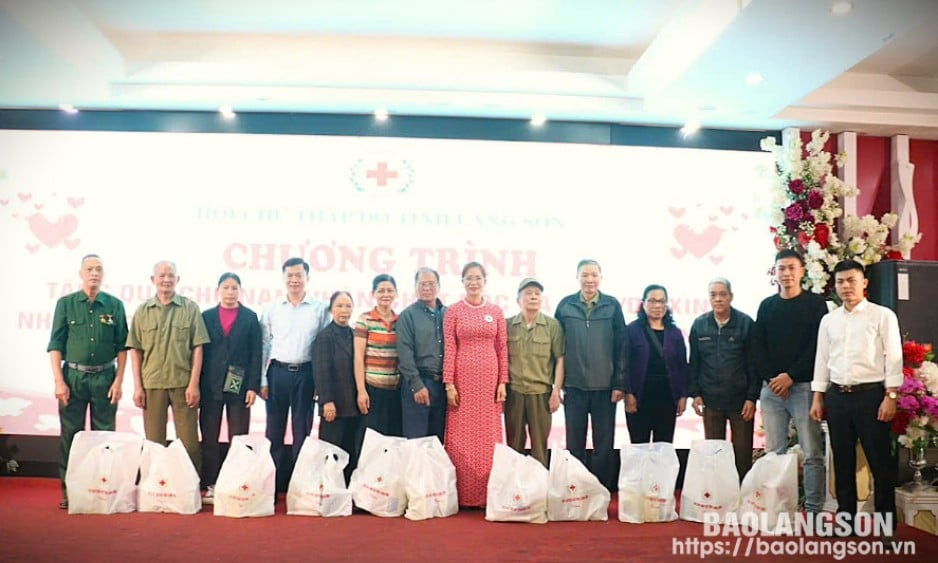


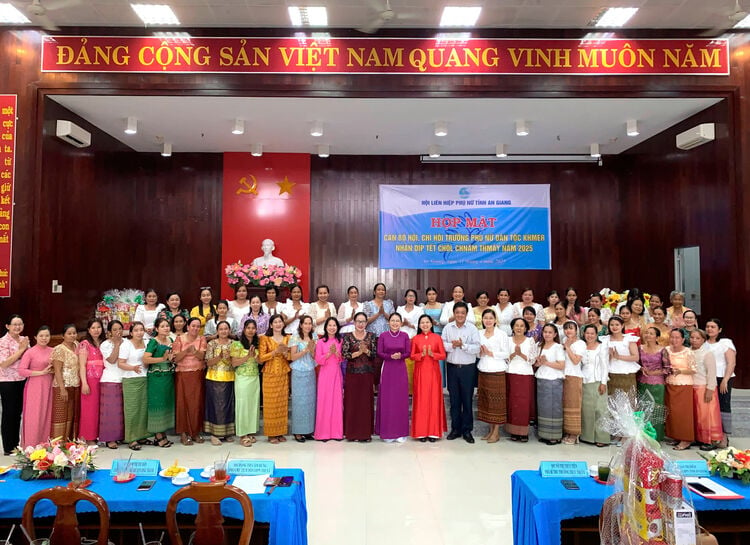

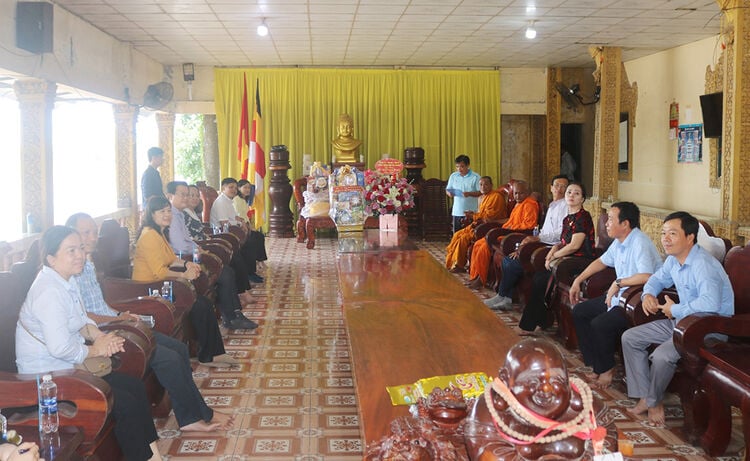
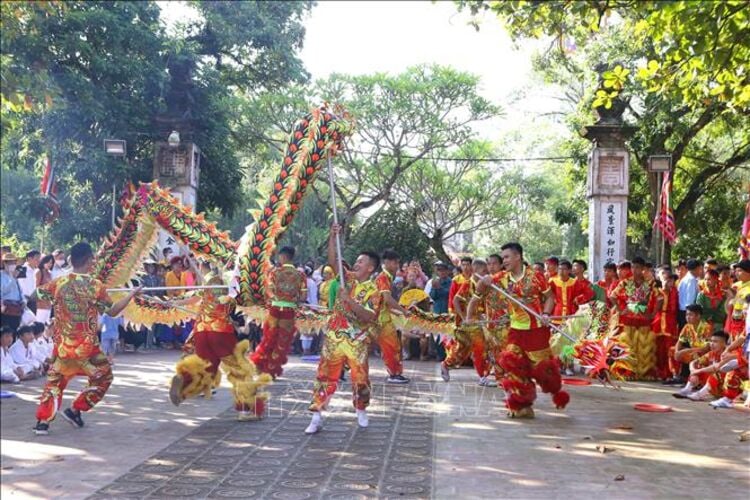
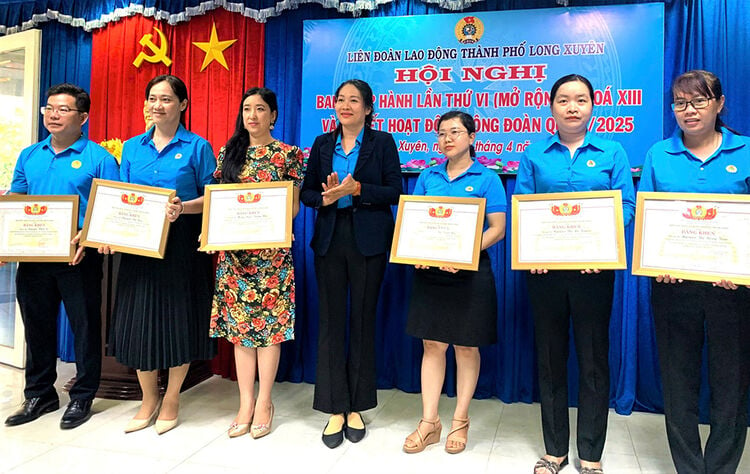
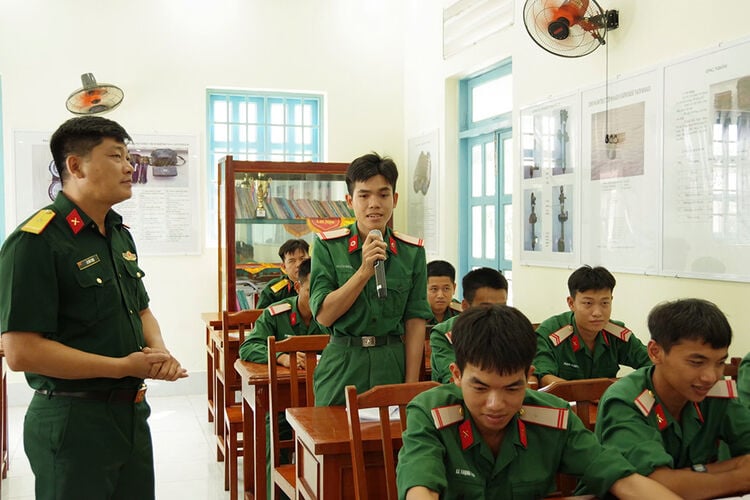

![[Photo] Summary of parade practice in preparation for the April 30th celebration](https://vstatic.vietnam.vn/vietnam/resource/IMAGE/2025/4/11/78cfee0f2cc045b387ff1a4362b5950f)





































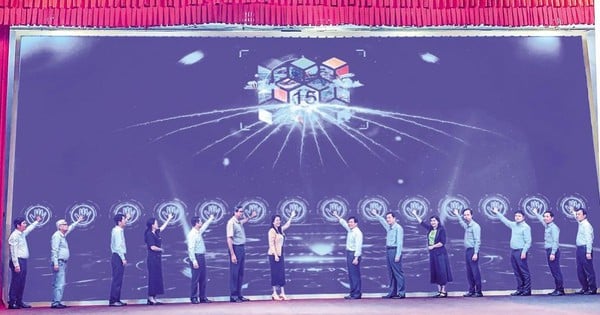
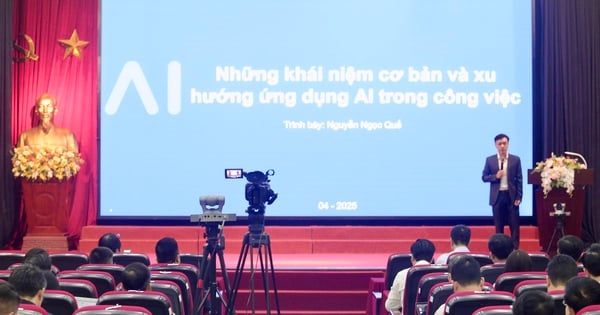
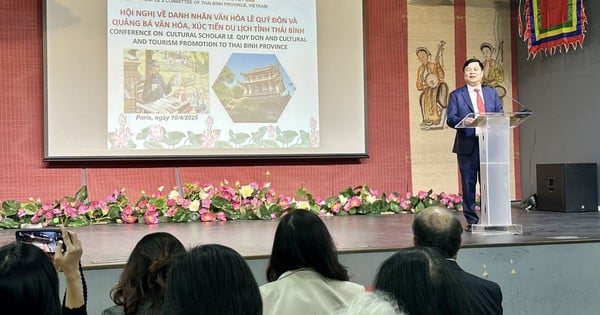
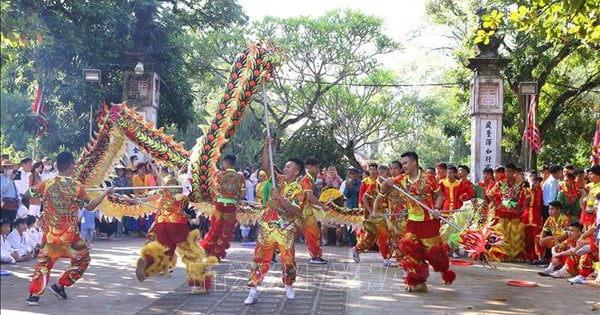
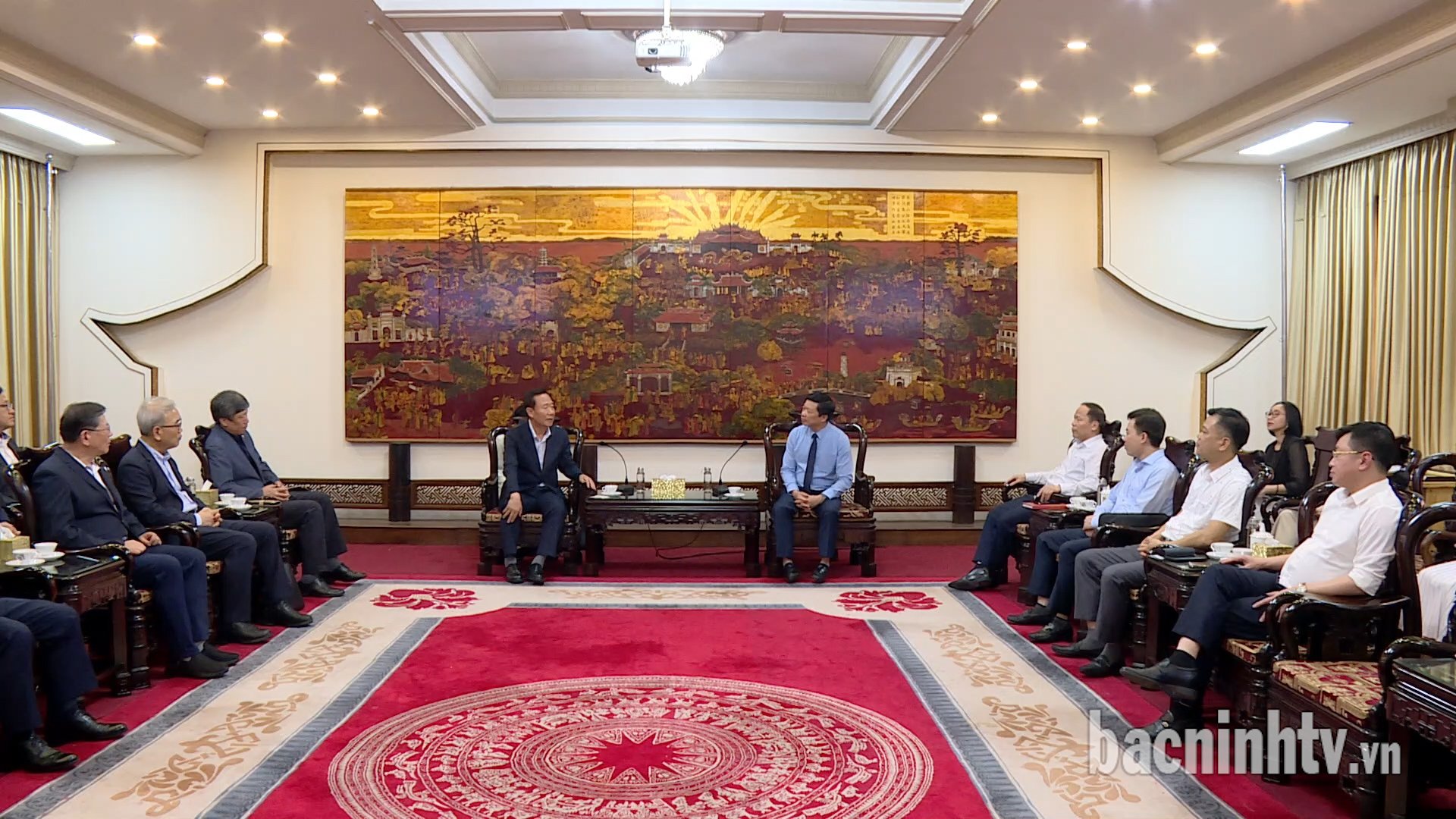
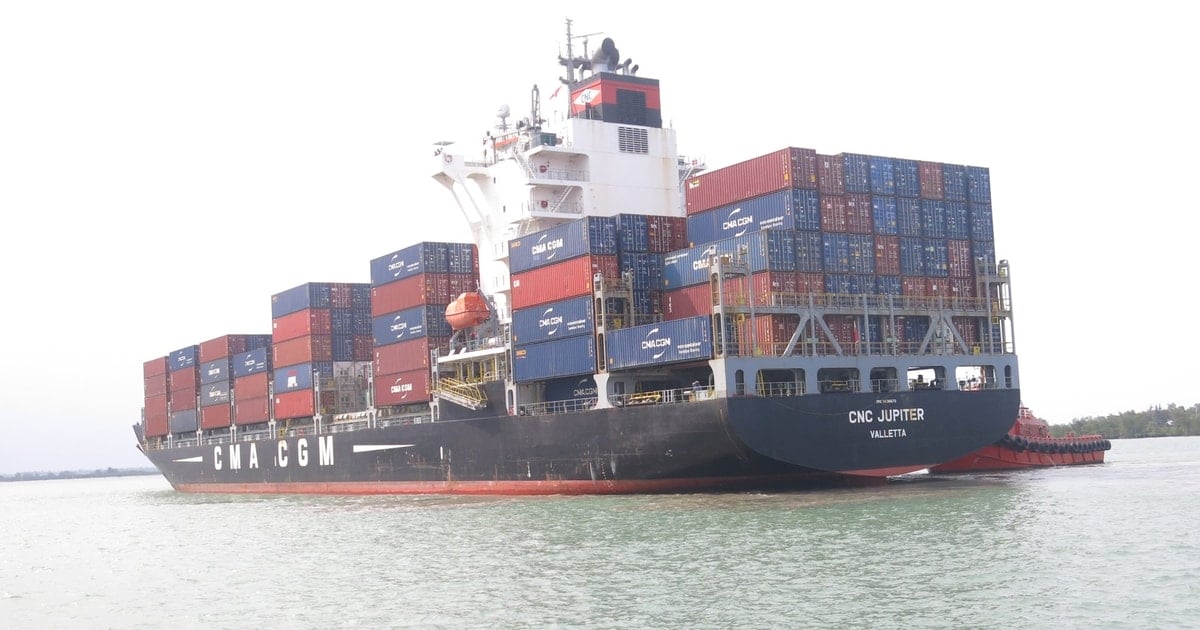



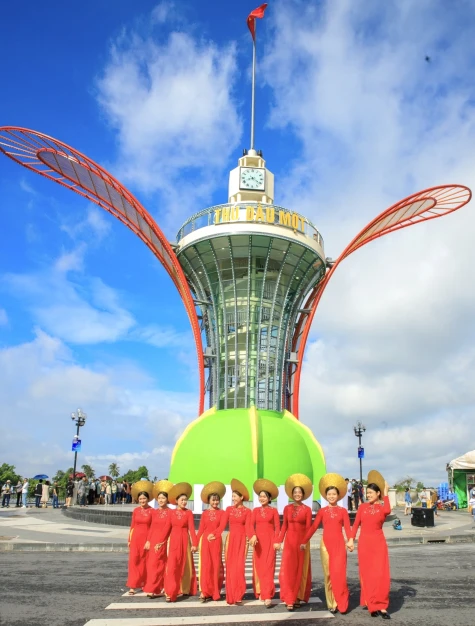

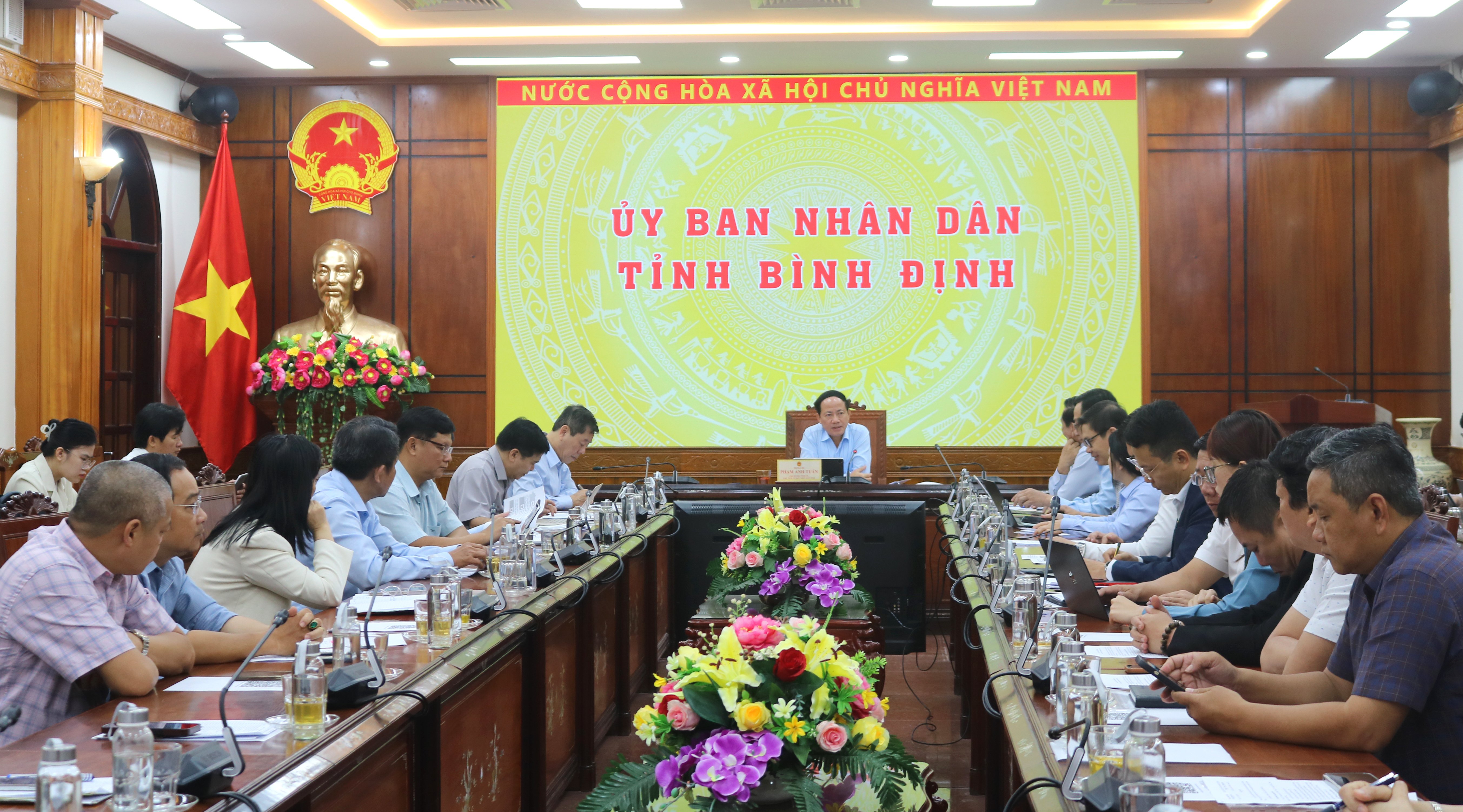













Comment (0)